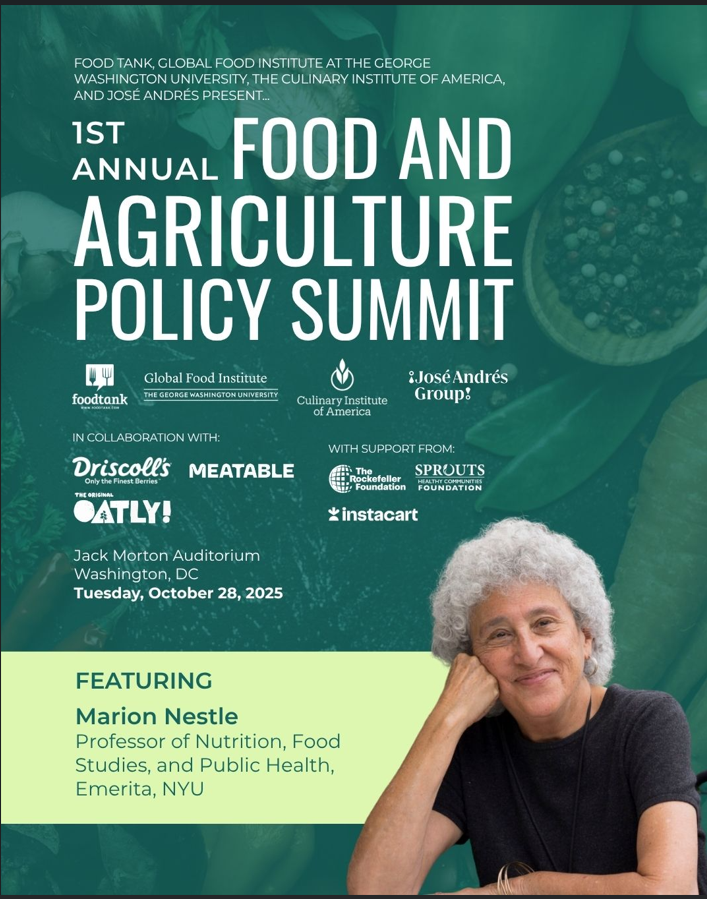Register here using PROMO CODE FoodAgPolicy.

I got called by a couple of reporters asking for comment on a paper just published in PLoS One, an online, open-access—and highly respected (at least until now)—medical journal.
The paper examines the validity of calorie-intake estimations obtained from the National Health and Nutrition Examination Survey (NHANES) from 1971 to 2010 (click on Download to see the entire paper).
Its “shocking” conclusion: people underreport calorie intake on surveys.
My first comment to reporters: duh.
The authors present—-as if it were a bombshell—-something that has been known for years: people underreport food intake, usually by a third or more, and obese respondents underreport even more. The study quantifies the degree of underreporting and comes to conclusions no different from those reported for decades.
Question #1: Why would anyone do a study like this? Answer: Look who sponsored it: Coca-Cola!
Question #2: Why would Coca-Cola want to fund a study to cast doubt on information derived from NHANES: See the Abstract:
The confluence of these results and other methodological limitations suggest that the ability to estimate population trends in caloric intake and generate empirically supported public policy relevant to diet-health relationships from U.S. nutritional surveillance is extremely limited.
And see the paper’s conclusion:
As such, there are no valid population-level data to support speculations regarding trends in caloric consumption and the etiology of the obesity epidemic.
Got that? If data from NHANES are not valid, then studies showing a correlation between sodas and obesity are not valid, and recommendations to drink less soda are unjustified.
This study, then, is a classic example of why food industry sponsorship of nutrition research is so pernicious. Coca-Cola is systematically recruiting sympathetic nutrition researchers to cast doubt on science linking soda consumption to health problems.
Question #3: Why would a prestigious journal like PLoS One publish something like this? The science in this article passed peer review. Evidently nobody considered that politics might have something to do with the design of the study and its conclusions.
I’m guessing that PLoS One editors have become complacent. The journal just came up smelling like roses in a Science Magazine sting operation examining the quality of peer review in open-access scientific journals. The author sent an evidently false paper to hundreds of such journals. Of 106 that said they did peer review, 70% accepted the paper. But PLoS One turned it down for the right reasons.
If you think that science has nothing to do with politics, Coca-Cola vs. NHANES is a good reason to reconsider.